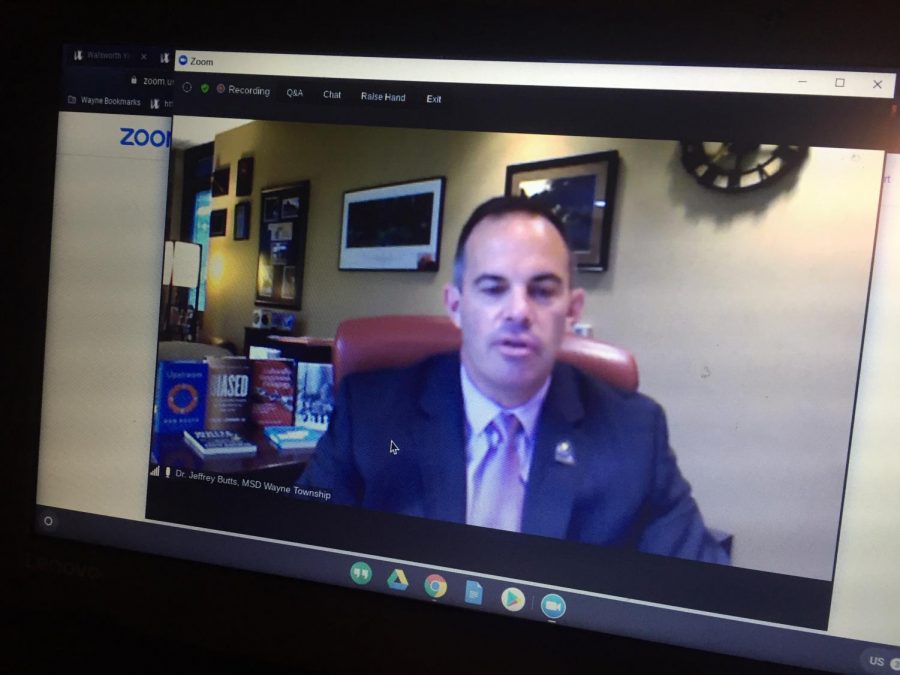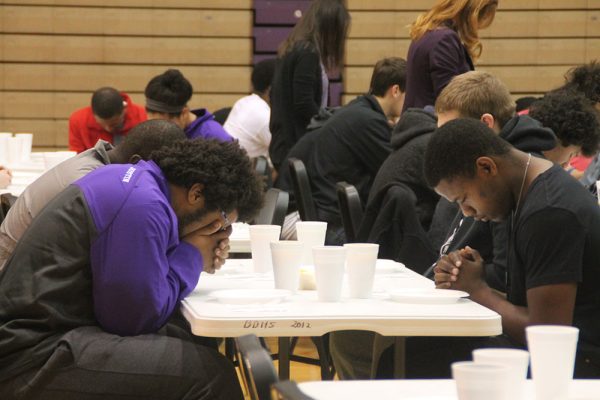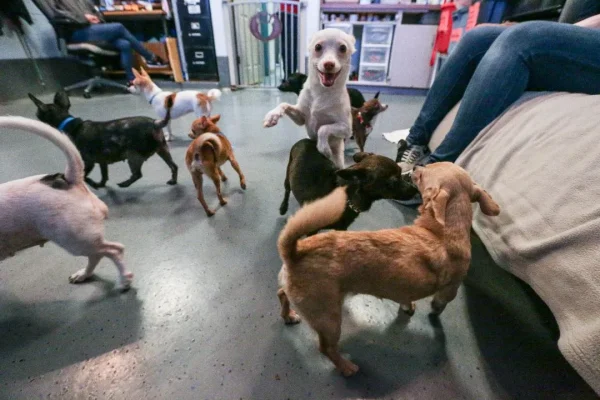Superintendents discuss racism
August 28, 2020
Superintendents from across Marion County came together Thursday night to pledge a united front in teaching against racism.
Their target audience, however, went far beyond the students who enter their classrooms on a daily basis.
“As humans we all have gifts and somehow we have lost that because of racism,” said Dr. Shawn Smith of Lawrence Township. “We have a moral obligation to do what’s right for our children.”
As humans we all have gifts and somehow we have lost that because of racism. We have a moral obligation to do what’s right for our children. — Dr. Shawn Smith
And Thursday night, that right included teaching teachers how to react to and teach racism in the classroom, teaching students how to live and act in a diversified environment and teaching their communities how their schools are constantly evaluating and re-evaluating the things that are taught within their walls.
The virtual forum was called United Against Racism and was moderated by two IUPUI professors. The forum touched on everything from white privilege to teacher evaluations to hiring practices in townships that are predominantly white minority demographics.
“If you don’t love children of color you can’t work for us,” said Smith, a product of Indianapolis Public Schools who has risen to become one of the top public school superintendents in the state. “I grew up in very segregated sector where we proved that a young black male can be successful.”
Wayne Township superintendent Dr. Jeff Butts was one of five administrators who participated in the forum.
“As a white superintendent I have to recognize my privilege and I have to be aware that I don’t look like the majority of the students we serve,” Butts said.
Butts, however, is well aware of what it takes to serve the 16,000 plus students who come to Wayne Township schools daily. And he knows that that means much more than what comes out of textbooks.
“We’re fighting against things that happen outside our walls,” Butts said. “We’re trying to undo many of those things that kids bring into school every day and one of those is racism. We have to look at all facets of what we are doing.”
Butts noted that those facets include the interview/hiring process, the makeup of the staff in each building, the resource adoption of textbooks, standardized testing practices and the art of communication.
“We have 16,800 students coming into our buildings each day that bring with them all that society has to offer,” Butts said. “We have a rich and diversified experience in our school houses.”
We have 16,800 students coming into our buildings each day that bring with them all that society has to offer. We have a rich and diversified experience in our school houses. — Dr. Jeff Butts
Wayne Township is not alone.
“We have to recognize that what happens in kindergarten, 13 years later plays a role in that students life,” Warren superintendent Dr. Tim Hanson said. “I think one thing we all realize is we have a large group of unheard families and we need to identify areas that we can get better for them.”
Hanson agrees that adding things like ethnics classes into the secondary education curriculum is a step in the right direction.
“But for an ethnic studies class to be successful, we have to promote it to all students,” he said.
Butts pointed out that Wayne Township is looking at everything from interview questions in a hiring situation to what is taught in individual classes.
“We have spent a considerable amount of time on how are we going to remove bias in our interview process,” Butts said. “We’re also talking about adding an equity piece within our evaluations.”
Butts also noted that standardized testing has built-in racism and he’s excited that our social studies department is going through textbook adoption this school year.
“Our resource adoption should mirror those students sitting in our classroom,” he said.
As for testing, Butts notes that colleges are less influenced by testing scores then ever before.
“There’s a reason colleges are not looking at SAT requirements,” he said. “In secondary schools we have eliminated those testing barriers and we are looking at other areas of student success. We have reduced the significance of those test scores.”
All the superintendents agreed that forums like this are a good step toward discussing racism and its effects on schools.
“But it can’t just be discipline, assessment and testing,” Butts said. “We have to look at all facets of what we’re doing and be willing to have honest discussions.”













Sophia • Sep 26, 2020 at 3:03 AM
Thank you for this information! “Spotlight”
You can also post your used books/textbooks in: https://torpage.com
please accept thanks